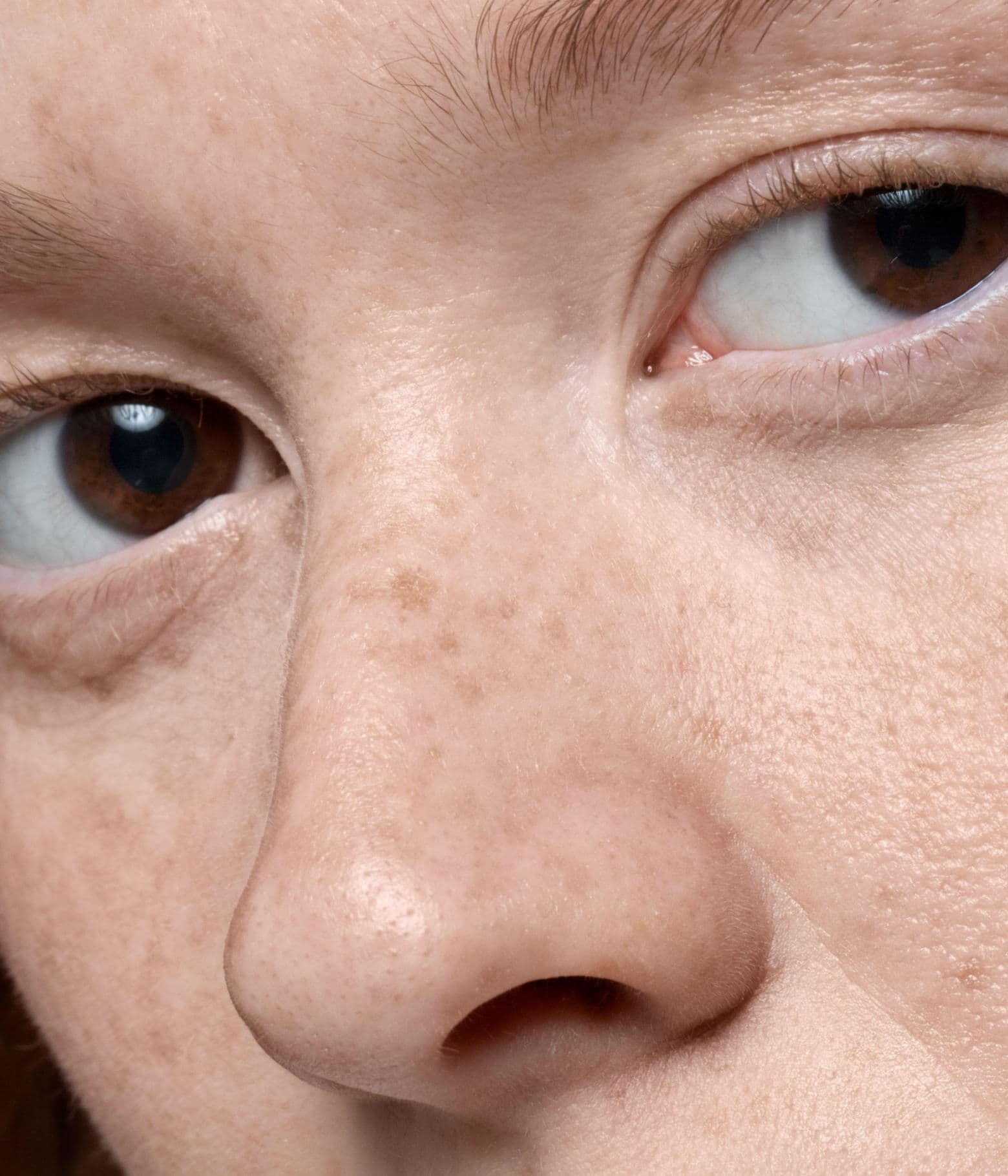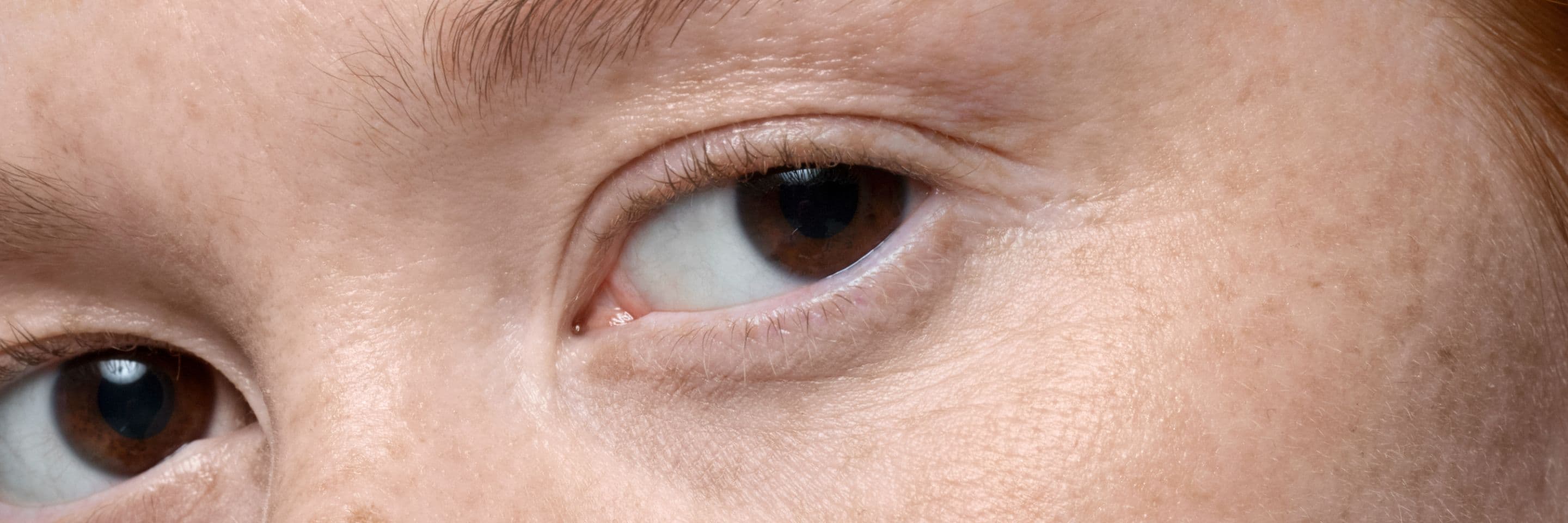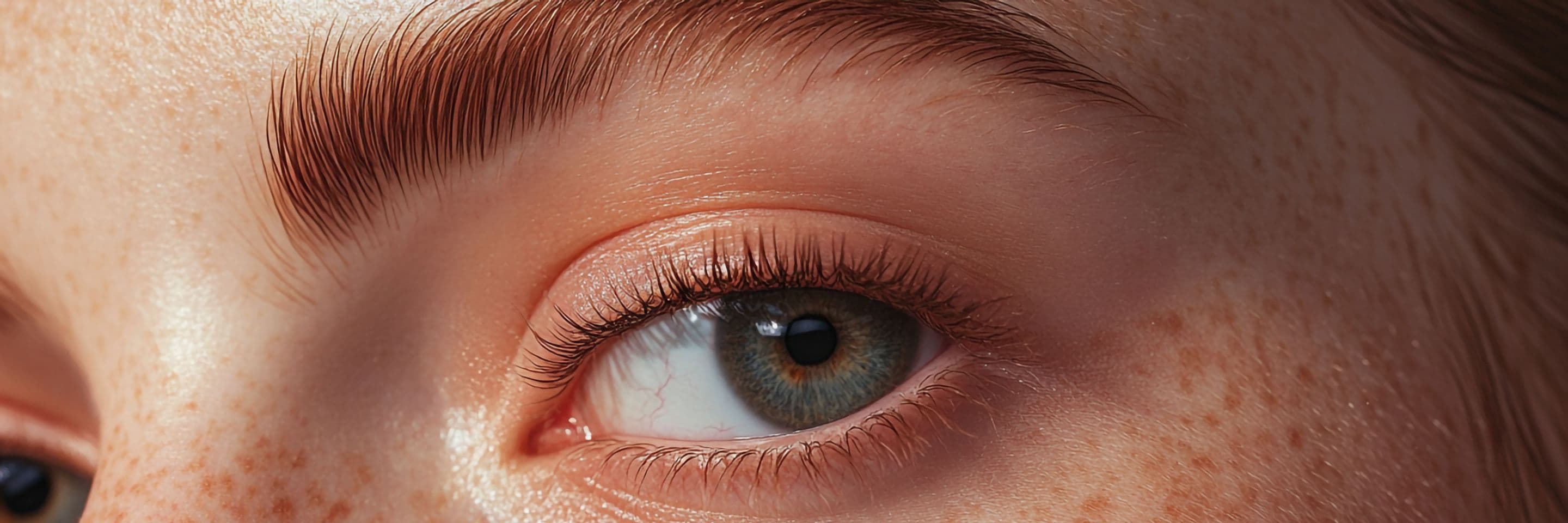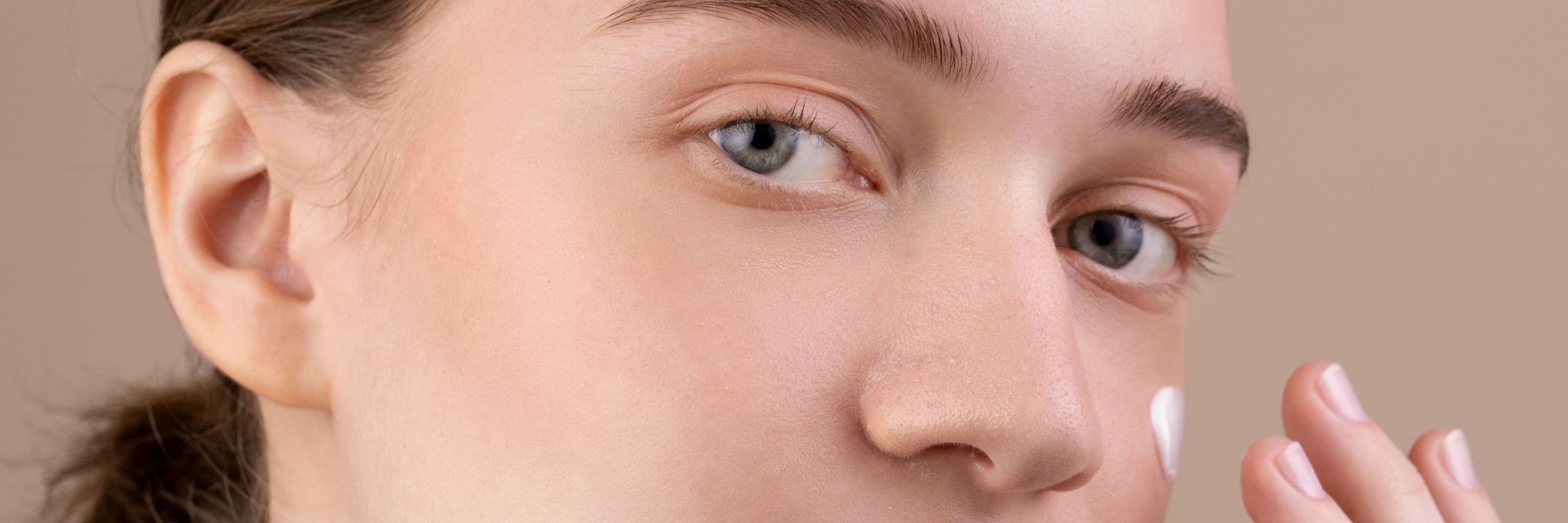Understanding Hyperpigmentation
SJ Riviera
September 20, 2024


Have you ever noticed dark spots or patches on your face? If so, you may be experiencing hyperpigmentation. This common skin condition can affect people of all ages and skin tones. Revea provides valuable information and guidance on understanding and treating hyperpigmentation.
What is Hyperpigmentation on the Face?
Hyperpigmentation is a common skin condition characterized by patches of darker skin than the surrounding areas. It occurs when excess melanin, the pigment that gives skin its color, accumulates in certain areas. This can result in dark spots, patches, or discoloration on the face.
Causes of Hyperpigmentation
Hyperpigmentation, a condition characterized by excessive melanin production, can be caused by various factors, including sun exposure, hormonal changes, inflammation, and certain medications. Understanding these underlying causes is crucial for effective treatment and prevention.
Sun Exposure: Excessive exposure to ultraviolet (UV) rays from the sun is a major cause of hyperpigmentation. The sun's harmful rays can stimulate melanin production, leading to dark spots.
Inflammation: Skin injuries, acne, or other inflammatory conditions can trigger hyperpigmentation. The body's response to inflammation can lead to increased melanin production.
Hormonal Changes: Hormonal fluctuations, such as those that occur during pregnancy or menopause, can cause hormonal hyperpigmentation.
Medications: Certain medications, including birth control pills, can increase the risk of hyperpigmentation.
Genetic Predisposition: Some people may have a genetic predisposition to hyperpigmentation.
Types of Hyperpigmentation
Hyperpigmentation, a condition characterized by excessive melanin production. Here are the types of hyperpigmentation:
Melasma: A common type of hyperpigmentation characterized by dark patches on the face, often in a symmetrical pattern.
Post-inflammatory hyperpigmentation (PIH): Dark spots that develop after skin injuries, such as acne or cuts.
Freckles and sunspots: Small, flat, brown spots caused by sun exposure.
Treatment Options
Topical Medications: Over-the-counter or prescription creams and lotions containing hydroquinone, kojic acid, or azelaic acid can help lighten hyperpigmentation.
Chemical Peels: Chemical peels can exfoliate the top layer of skin, helping to fade dark spots.
Laser Therapy: Laser treatments can target hyperpigmented areas and help reduce their appearance.
Sunscreen: Protecting your skin from the sun is essential for preventing further hyperpigmentation and fading existing dark spots.
Visit a Dermatologist: This is essential as dermatologists can check and point out the specific skin concerts. Revea offers a free 1:1 skin assessment that can help you identify the root cause of your skin concern.
With consistent care and patience, you can effectively manage hyperpigmentation and achieve a more even skin tone.


